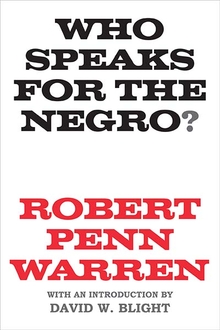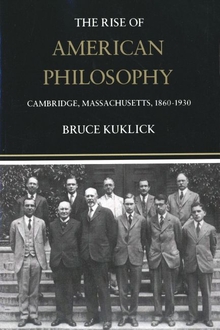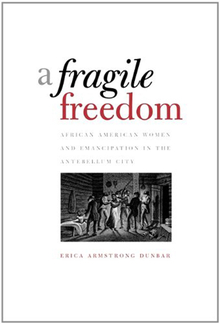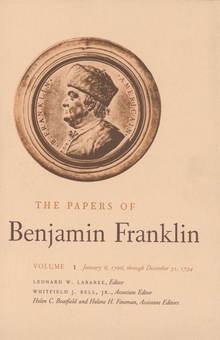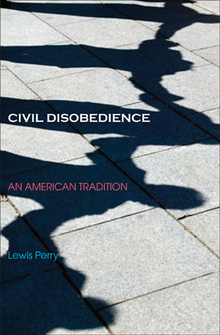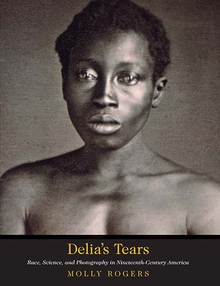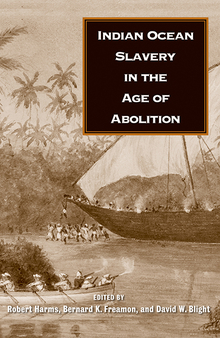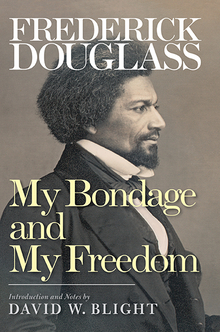Who Speaks for the Negro?
WARNING
You are viewing an older version of the Yalebooks website. Please visit out new website with more updated information and a better user experience: https://www.yalebooks.com
Robert Penn Warren; Introduction by David W. Blight
In 1964, Robert Penn Warren interviewed leaders, activists, and artists engaged in the U.S. Civil Rights Movement. His interviewees included well-known figures such as Reverend Martin Luther King, Jr., Malcom X, and James Baldwin, as well as lesser-known individuals whose names might otherwise be lost to history. Transcripts from these interviews, combined with Warren’s reflections on the movement, were first published in 1965 as Who Speaks for the Negro? This unique text in the history of the U.S. Civil Rights Movement serves as a powerful oral history of an all-important struggle. A new introduction by David W. Blight places the book in historical perspective.
“Warren’s book remains a luminous volume about race, racism, the South, black America, and our national destiny. We ignore or forget his work at our peril.”—Arnold Rampersad, Stanford University
“Not exactly a stroll down memory lane and certainly not a song to sing, yet WhoSpeaks for the Negro? brings back a question one would have thought already answered. We still search America’s soul for how to and who to include. This is still a book worthy of your time and somehow still a part of ours.”—Nikki Giovanni
“Fifty years later, we have this archival treasure that demonstrates why the Civil Rights Movement in fact gave our land its second equality, life, and liberty movement.”—Reverend James M. Lawson, Jr.
“Warren’s book remains a luminous volume about race, racism, the South, black America, and our national destiny. We ignore or forget his work at our peril.”—Arnold Rampersad, Stanford University
“Not exactly a stroll down memory lane and certainly not a song to sing, yet WhoSpeaks for the Negro? brings back a question one would have thought already answered. We still search America’s soul for how to and who to include. This is still a book worthy of your time and somehow still a part of ours.”—Nikki Giovanni
“Fifty years later, we have this archival treasure that demonstrates why the Civil Rights Movement in fact gave our land its second equality, life, and liberty movement.”—Reverend James M. Lawson, Jr.
Robert Penn Warren (1905–1989) was an American poet, novelist, and literary critic. He received the Pulitzer Prize three times: for the novel All the King’s Men in 1946 and for poetry in 1958 and 1979. David W. Blight is Class of 1954 Professor of American History at Yale University and director of the Gilder Lehrman Center for the Study of Slavery, Resistance, and Abolition at Yale.
"Warren’s book remains a luminous volume about race, racism, the South, black America, and our national destiny. It consistently reflects the uncommon courage, integrity, and prophetic imagination that made him such a towering cultural interpreter when it first appeared. We ignore or forget his work at our peril."—Arnold Rampersad, Stanford University
"There are so many takes on history. In this new edition introduced by the eminent historian David Blight, Who Speaks for the Negro? reveals a provocative admixture of history's variance. Warren's book is a burden of the past from which we cannot escape. In somewhat melancholic ways, it is also symptomatic and axiomatic with respect to the nightmarish heartbeat of America's indefatigable repetition of racial discrimination. It summons us to awaken a more vital national heartbeat of reparations for an American dilemma."—Houston Baker, Vanderbilt University
"Not exactly a stroll down memory lane and certainly not a song to sing, yet, Who Speaks For The Negro, brings back a question one would have thought already answered. We still search America’s soul for how to and who to include. Robert Penn Warren has, as did Gunnar Myrdal a bit later, brought the possibilities forward. This is still a book worthy of your time and somehow still a part of ours."—Nikki Giovanni
“As one interviewed by Robert Penn Warren I was both suspicious and hopeful about his project. Amid the turmoil of Vietnam and the Selma to Montgomery march the book was underappreciated. Fifty years later we have this archival treasure that demonstrates why the Civil Rights Movement in fact gave our land its second equality, life and liberty movement.”—Reverend James Lawson
ISBN: 9780300205107
Publication Date: September 30, 2014
Publication Date: September 30, 2014
488 pages, 5 1/2 x 8 1/4

